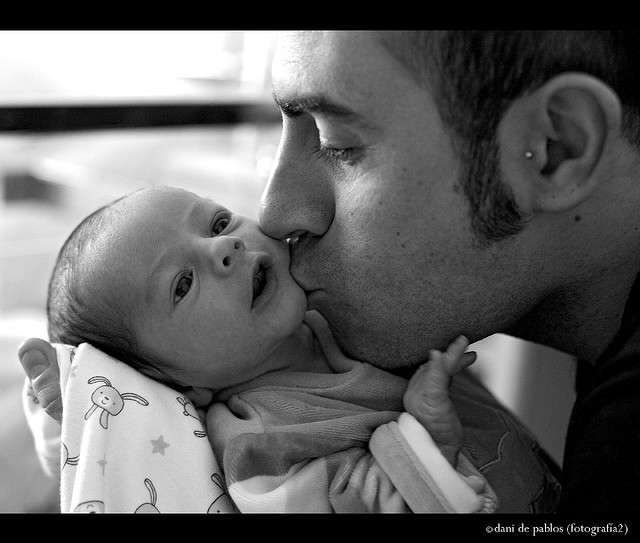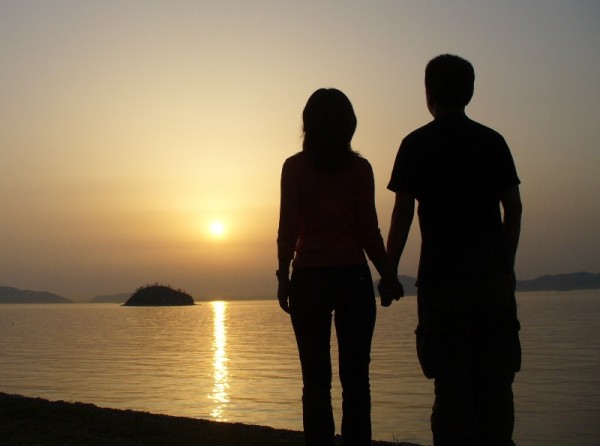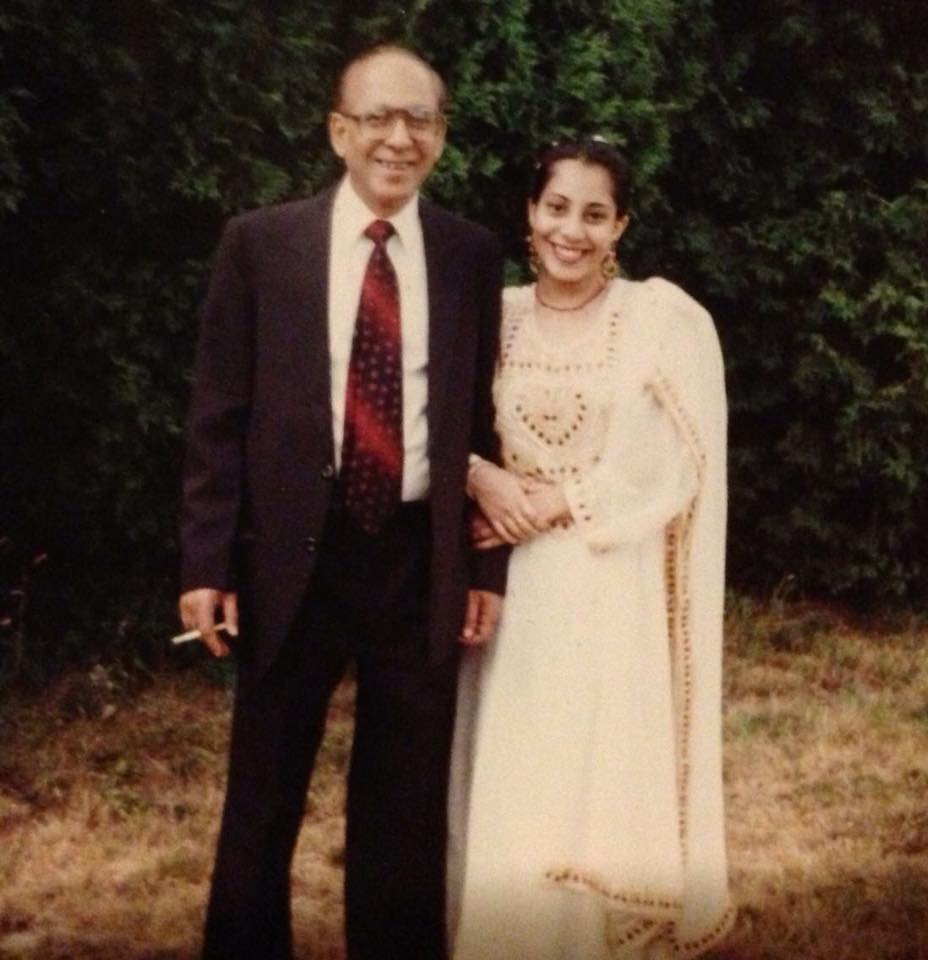A reader once told me in an offhand way, “Of course, you’ll do differently with your own daughter.” She’d just finished commenting on a draft of my memoir, and her remark caught me off guard. I’d written of my engagement at eighteen to the son of our closest family friends, but I hadn’t meant to criticize my traditional courtship. A critique would’ve implied that I had regrets, that I wished I had dated other men, that I’d now seen the light and wouldn’t do the same given the chance.
My daughter was only two-years-old at the time of that writing workshop and whether or not she’d have a boyfriend in the future was an issue far from my mind. What bothered me the most about the reader’s comment was the assumption that there could be nothing desirable let alone normative about my experience.
I say this even though the early years of my marriage were not without their difficulties. I had married traditionally because I believed any kind of a relationship with a boy would’ve only sullied my reputation irreversibly, making a future marriage within the community impossible. But what I really wanted, what so many of my friends said they wanted, was a halal or Islamically permissible boyfriend, someone to buy me gifts and take me places. When I got married at twenty, I wasn’t prepared for the sacrifices I would be called to make, to delay my plans of graduate school, to move to another country to accommodate my husband’s career plans. In many ways, I felt duped by the Islamic ideal. Preserving my honor, marrying the right boy, had not guaranteed my future happiness as I assumed it would and that meant I’d denied myself the typical boy meets girls story, the thrill of being met and pursued, for no worthwhile end.

Photo Source: banat95.blogspot.com
But what I have come to resent more than the circumstances of my engagement is the feeling that I’d missed out. There had been no space for me as young, Muslim woman in American society to see the beauty of her story. There were no stories of Muslim couples in popular culture within which I could have seen myself and felt normal, content, blessed.
I have now been married for almost seventeen years. The ambivalence I first felt toward my spouse has turned into a press my head to the floor and thank God kind of love. My husband is a devoted partner and a nurturing father, the kind of man who wakes up with our sick kids and finds the Tylenol in the dark, the kind who changes their sheets and clothes after a surprise two a.m. puke, the kind I would be lost without.
For years, I was embarrassed to tell people I’d met my husband when I was six and he was nine because the question that invariably followed—Was it arranged?—made me feel quaint and provincial, as if I was less of a person and more of a novelty. But what I wish more people understood is that a married life’s beginning does not predict its ending. The real love story is not the moment when you become a couple; it is in the story of how you live your lives together.
What I want my daughter to understand when she watches her friends and classmates march off to their first dances and first dates, when she hears them revel in the details of their first kisses and first sexual encounters, is that not having these experiences is not a deprivation of any kind. Although I cannot speak to falling in love more than once, of broken hearts and the path to their mending, I can share what I know. And, there is an upside to marrying your first kiss, your first lover. It is a life that has no past—no shadows of exes, no wounds to nurse—only the future that you build. And this future doesn’t rely on feelings of love and tingly sparks nor does it fear passion’s natural ebb and flow. It is a relationship forged through the effort of the couple involved.

Photo Source: lyndahinkle.com
But just as a traditional marriage is not socially inferior to its alternatives; it is not morally superior either. All couples are equal in the negotiation of a mutual existence. Committed relationships teach us the very essence of surrender, the very meaning of the word Islam. In a marriage, we are called to submit to the unexpected, to embrace the highs and lows of life’s bittersweet journey together.
Huda Al-Marashi is an Iraqi-American at work on a memoir about the impact of her dual-identity on her marriage.
Top Story Photo: spotonlists.com
















